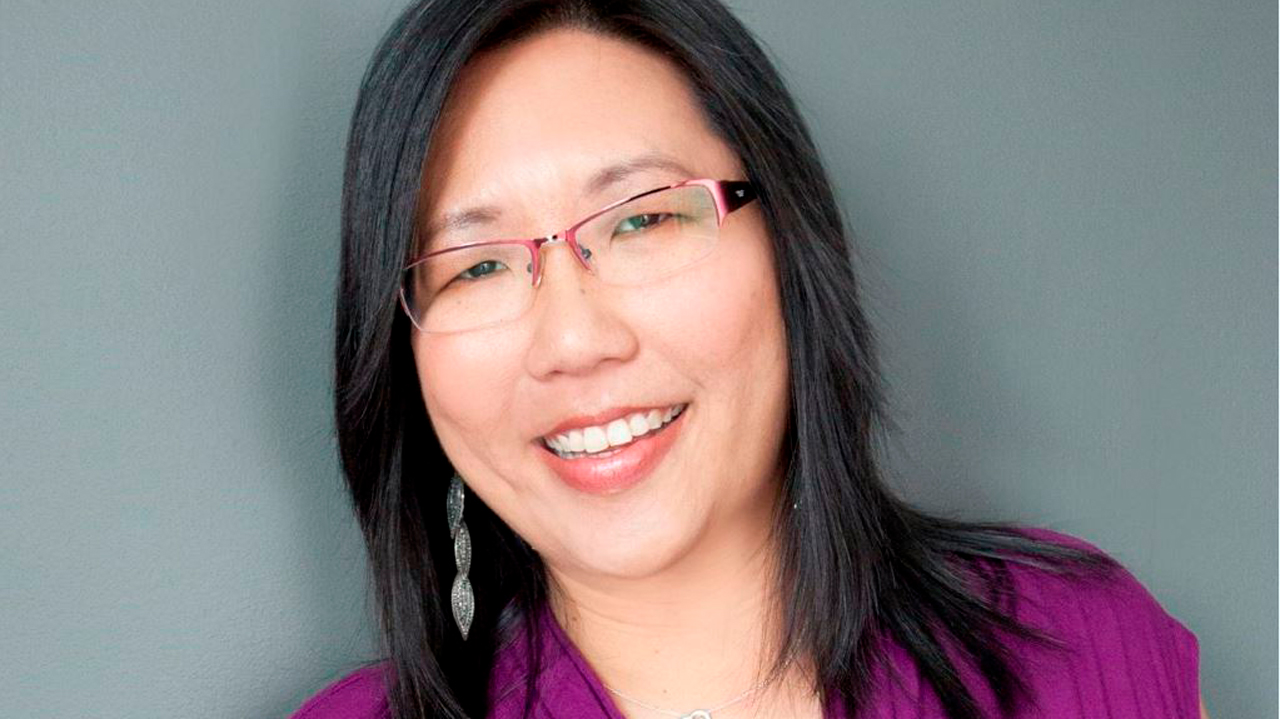Shireen Chua from Third Culture Solutions loves being a manager and her journey is an inspired one. At IMNZ, we are all about discovering the secrets to new managers developing into strong leaders, so when we sat down with Chua we were excited to hear what she believes is the pathway to success.
If Shireen Chua, Director of Third Culture Solutions could summarise the role of a leader in one phrase it would be “to empower people”. “Leadership is about empowering people to make a difference,” she says. “There is leading and there is managing and both are important in an organisation. Leaders are about the influence of people and managing is about making sure that the task or the project is completed. “So there’s a difference between both, and at the heart of it is people,” she adds, “the people matter. ”
It took for Chua to have her “ah-ha” moment to fully realise her role in being able to empower her team. “People can do amazing things if they are empowered, equipped and harnessed together with a common vision and goal, and given the opportunity to make contributions,” she says. “What brought me most joy was growing the potential of my team, and empowering and equipping them with an environment and an opportunity to grow and move forward together. And seeing all the different parts actually contribute and work towards a common goal.” She adds that the manager’s place in the process is important, ensuring the team “heads in the right direction”. Chua says she wasn’t expecting how rewarding being a manager would be.
“The thing that surprised me as a first time manager that I didn’t expect, was seeing the deep satisfaction of how people worked together,” she says. “That it could be fun, forward-moving and really achieve great things.” Before stepping into the role, Chua says that her perception of management was very much from a top down viewpoint. “It was almost: ‘This is the job that needs to get done, I’ll tell you how to do it, and you go to it’. But an entire paradigm shift of working with a team and allowing them to actually be part of the solution rather than being told the solution, was the most surprising thing that I experienced,” she says. “I liken it to seeing a car engine firing on four cylinders. That brought me the greatest joy, and what makes me want to manage in teams more.”
Looking back on her first day, Chua says if she could tell herself one thing it would be to breathe. “And slow down, and know yourself,” she adds. “Not necessarily know what you want to achieve, but know who you are. And make sure you’re constantly gaining your self awareness.” Chua says that really knowing the people in your team is the secret sauce to success as a manager. “Get to know them, because they’re a part of why you’re a manager,” she adds.
In contrast to what many people think – and what she once thought – competency is the least skill needed to be a great manager, she says, despite it being the likely reason you were hired into the role. “You need competency of your abilities to do technical things, but it’s more than competency. It’s about chemistry of the team that you need as a manager. “One way of putting it is IQ is much less required in management than EQ and even CQ (cultural intelligence),” says Chua. Of lessons learned, Chua says she’s had to become fluid as she’s faced new challenges.
“There are circumstances where my expectations were so much higher than the challenges I was facing. Learning to reframe was a very important lesson. But there are other times when the challenges were enormous and my expectations needed to step up. “So one of the things I learnt was being agile; being flexible enough to reframe expectations. One of the other things too, is failure isn’t fatal; it’s rarely fatal.” With the clarity of hindsight, Chua today sees that as a first time manager she over-worked to get the job done, something she’d advise against now.
“I realised I had to prioritise. Also the other thing was delegate; find other people that could help to actually deliver what needed to be done. Also recognising that tomorrow’s another day and there are things that need not have been done today, the world wasn’t going to end.”
As for maintaining a positive balance in the team, Chua says it’s simple. “Celebrations,” she says, “or laughing at things in life. “Taking the lighter side of things and not necessarily all the seriousness. Enjoying others not just for the task that they’re doing, or the job that they’re doing, but for each other. There’s always a lighter side to life. “Doing fun things together is also a great way to keep your sense of humour because where there’s people around, there’s always a chance to laugh together if the environment’s right.”



